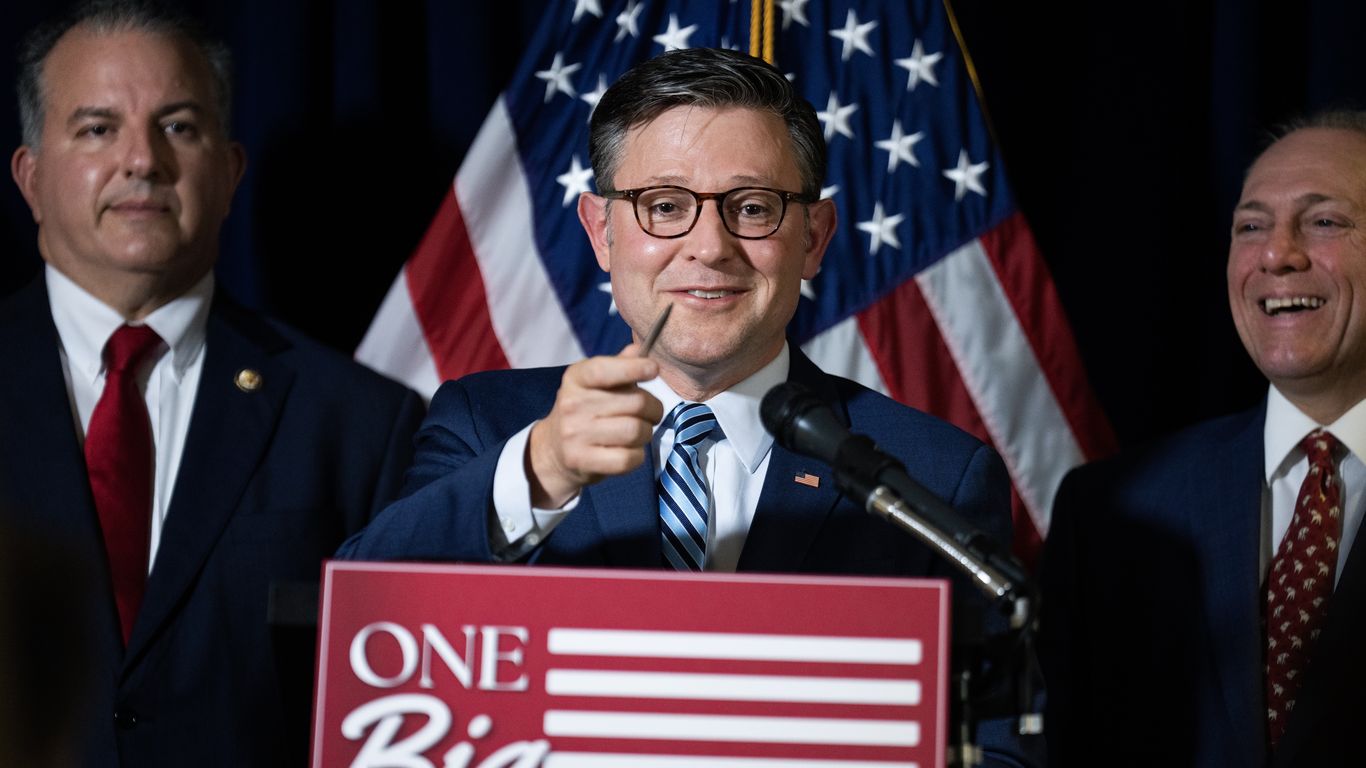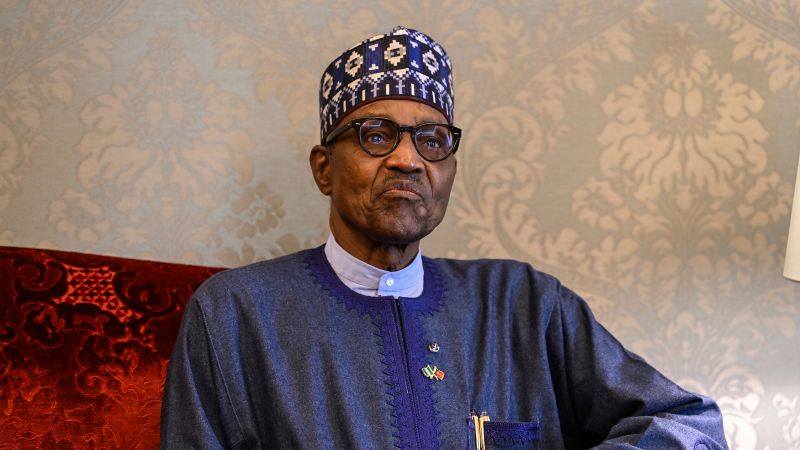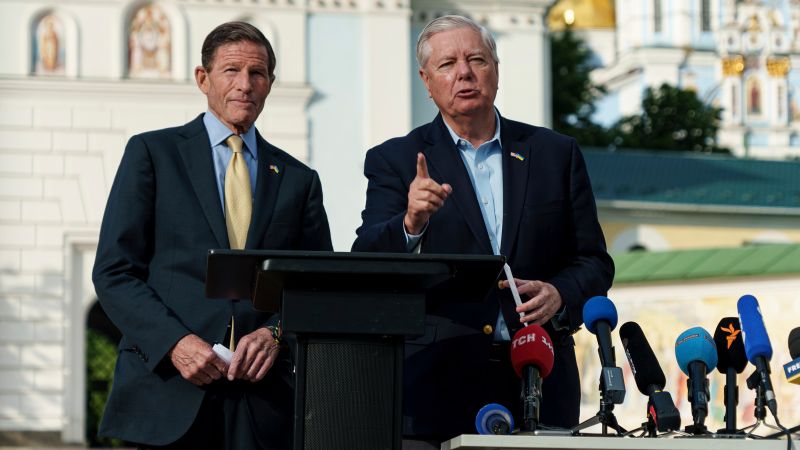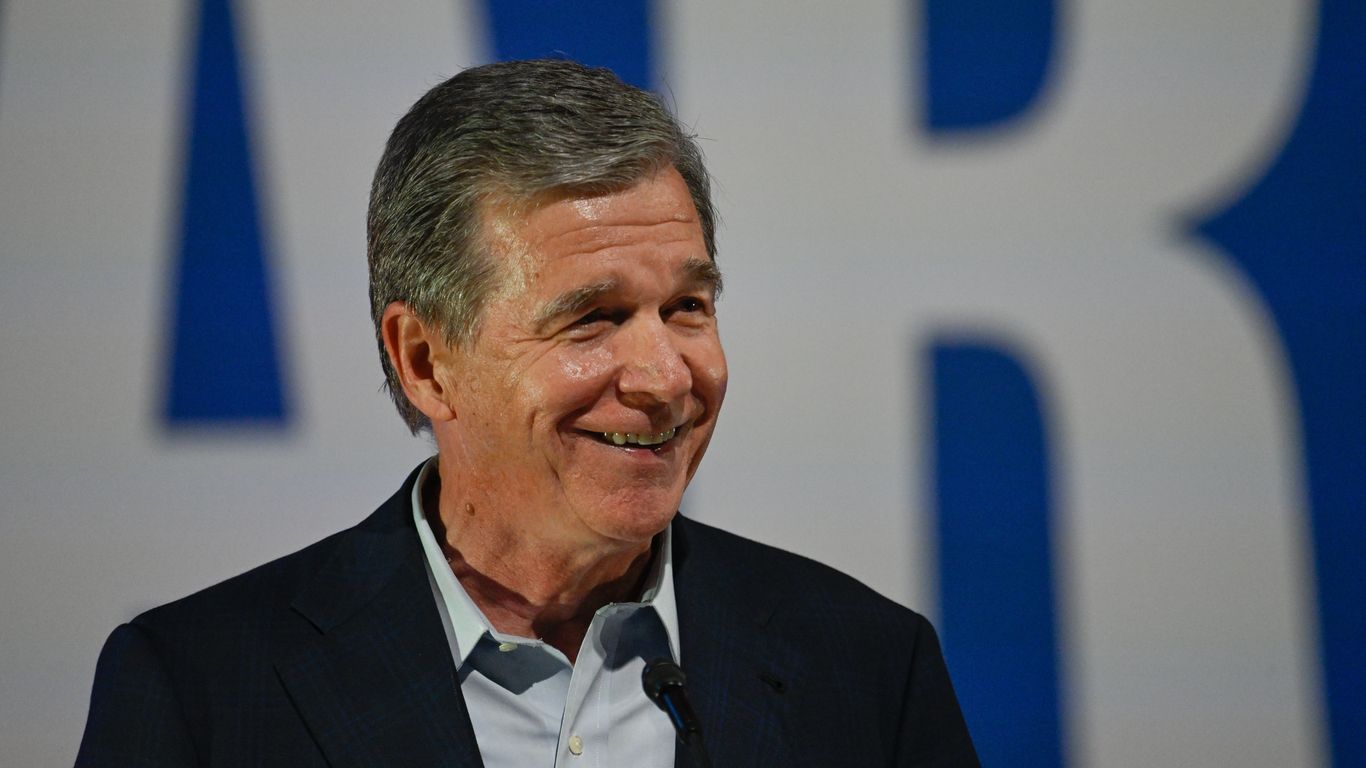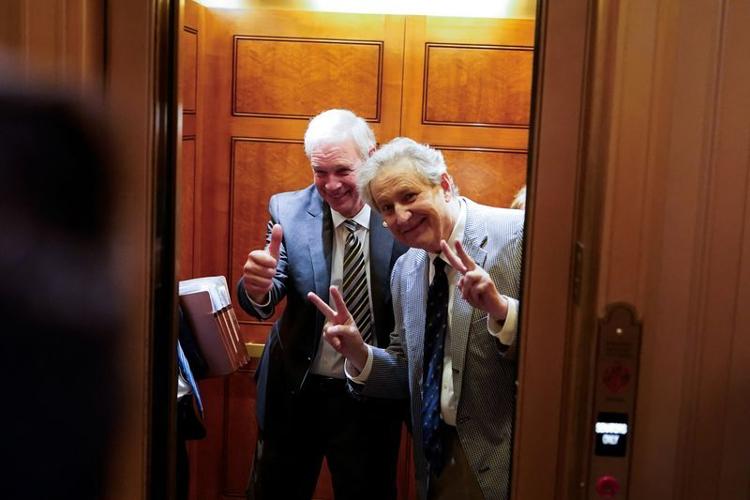Young Voices in Politics

Introduction
In the recent Arizona special election, political content creator Deja Foxx, known for her strong social media presence, ran for a seat in Congress on a progressive platform. At just 25 years old, she was aiming to become one of the youngest members of Congress, but ultimately lost to Adelita Grijalva, the Democratic incumbent. Despite the loss, Foxx's campaign gained attention and sparked important conversations about the role of young voices in politics.
Key Details
Foxx's campaign centered around issues such as healthcare, education, and social justice, and she used her platform to engage with and mobilize young voters. Her social media presence, with over 100,000 followers on Instagram and TikTok, allowed her to reach a wide audience and share her message. However, her opponent, Grijalva, had the advantage of name recognition and a well-established political career. Though Foxx's loss may have been disappointing, it serves as a reminder of the challenges that young, first-time candidates face in the political arena.
Impact
Foxx's campaign may not have resulted in a victory, but it has made an impact in other ways. Her run has inspired other young people to get involved in politics and has brought important issues to the forefront of conversations. Additionally, her use of social media as a tool for political
About the Organizations Mentioned
Democratic Party
## Overview of the Democratic Party The Democratic Party is the oldest continuing political party in the United States, with its roots tracing back to 1792 as the Democratic-Republican Party. Founded by Thomas Jefferson and James Madison, it initially advocated for a decentralized government and states' rights, opposing a strong central authority[1][2]. Over time, the party evolved, becoming more progressive and supportive of federal government intervention in social and economic affairs. ## History The modern Democratic Party was formally established in 1828, with Andrew Jackson's presidential campaign marking a significant turning point. Jackson's successful campaign expanded voting rights to all white men, regardless of land ownership, and further reduced federal power[3][6]. The party became deeply divided during the Civil War era, with Northern Democrats supporting limited slavery expansion and Southern Democrats advocating for its perpetuation[3][5]. Post-Civil War, the party became a stronghold for Southern whites who opposed Reconstruction[3]. ## Key Achievements The Democratic Party has played a pivotal role in shaping U.S. history: - **Civil Rights**: The party supported key civil rights legislation, including the Voting Rights Act and the Civil Rights Act of 1964. - **Social Programs**: Democrats have been instrumental in establishing and expanding social programs like Social Security, Medicare, and Medicaid. - **Economic Policies**: The party has often championed progressive economic policies, including labor rights and environmental protection. ## Current Status Today, the Democratic Party is a major force in U.S. politics, advocating for a strong federal government role in addressing social and economic issues. It emphasizes progressive policies on healthcare, climate change, and economic inequality[6]. ## Notable Aspects - **Symbolism**: The party's symbol, the donkey, originated from Andrew Jackson's opponents calling him a "jackass," which his supporters adopted as a mascot[6]. - **Diversity**: The party has become increasingly diverse, representing a wide range of socio-economic and
